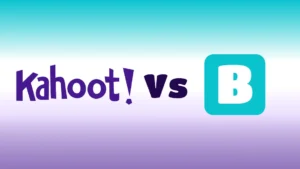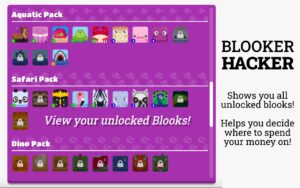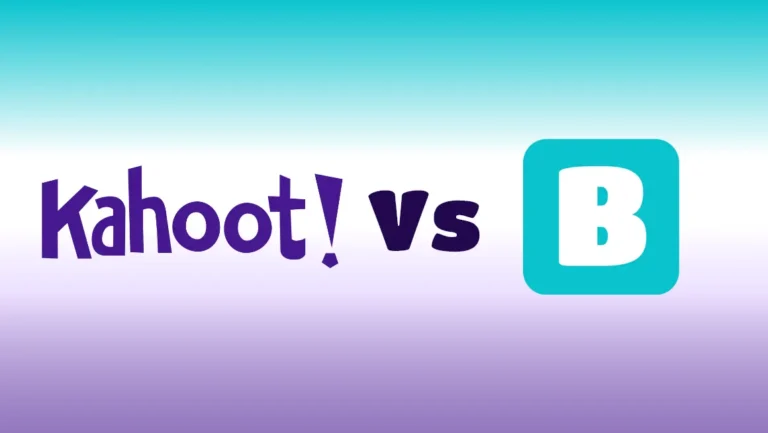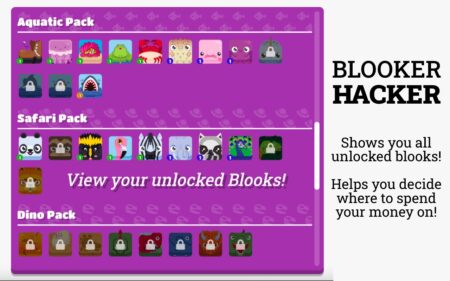Blooket and Kahoot are two of the most popular educational gaming platforms used in classrooms worldwide. While both offer engaging quiz-based learning experiences, many players and hackers are curious about which platform is easier to manipulate. This article compares the security measures of both games, the types of cheats available, and which platform provides better protection against hacking attempts.
Understanding Blooket and Kahoot
What is Blooket?
Blooket is an interactive quiz game that allows teachers to create custom question sets and host live games. Players can earn rewards like tokens and Blooks, making the platform highly engaging.
What is Kahoot?
Kahoot is a game-based learning platform that features multiple-choice quizzes. It is widely used in schools and businesses for educational and training purposes. Players compete by answering questions as quickly and accurately as possible.
Both platforms have built-in leaderboards and reward systems, making them competitive. This competition has led some users to seek hacks and exploits to gain an unfair advantage.
Security Measures: Blooket vs. Kahoot
Both Blooket and Kahoot have implemented various security measures to prevent hacking, but their approaches differ.
Blooket’s Security Measures
- Token Limits: Players can only earn a limited number of tokens per day to prevent abuse.
- Anti-Bot Detection: Blooket can detect automated scripts and bot usage.
- Account Suspensions: Players caught using cheats may have their accounts banned.
- Frequent Updates: Blooket regularly patches known exploits and vulnerabilities.
Kahoot’s Security Measures
- Strict Game Monitoring: Kahoot has strong anti-cheat measures, making real-time manipulation difficult.
- Limited API Access: Kahoot restricts API access to prevent third-party tools from interfering with games.
- No Reward System: Since Kahoot does not have in-game rewards, there is less incentive for hacking.
- One-Time Game Codes: Each Kahoot session has a unique game PIN, making it harder for outsiders to disrupt a game.
Types of Hacks Available for Each Platform
Despite security measures, hackers have found various ways to exploit both platforms. Here’s a breakdown of the most common cheats for Blooket and Kahoot.
Common Blooket Hacks
- Auto-Answer Bots: Scripts that instantly select the correct answer.
- Token Generators: Tools that claim to grant unlimited tokens.
- Blook Unlockers: Hacks that unlock all Blooks without earning them.
- Game Speed Modifiers: Extensions that slow down or speed up gameplay.
Common Kahoot Hacks
- Answer Reveal Scripts: Hacks that reveal correct answers before the timer runs out.
- Flood Bots: Automated bots that spam fake players into a game to disrupt it.
- Auto-Answer Bots: Scripts that instantly select the correct answer for all questions.
- Kahoot Point Manipulation: Exploits that alter point distribution to boost rankings.
Which Platform is Easier to Hack?
Ease of Hacking Blooket
Blooket’s web-based nature makes it easier to manipulate using browser extensions and JavaScript scripts. Many hacks are available through browser consoles, making them accessible even to beginners. However, Blooket regularly updates its system to patch exploits, making some hacks ineffective over time.
Ease of Hacking Kahoot
Kahoot is more difficult to hack because of its real-time structure and game monitoring. Since players only interact with the game host’s quiz session, direct manipulation is harder. Most Kahoot hacks involve disrupting games rather than directly benefiting the hacker.
Overall Verdict
- Blooket is easier to hack because it allows for more game customization and has more available exploits.
- Kahoot is harder to hack due to its strict security measures and limited incentives for cheating.
How Do Developers Prevent Hacking?
Both platforms actively combat hacking attempts by:
- Patching known exploits through frequent updates
- Banning accounts or IP addresses linked to suspicious activity
- Using CAPTCHA systems to block bot-generated inputs
- Restricting access to API calls and game logic
Despite these efforts, no platform is completely hack-proof, and new exploits continue to emerge.
Final Thoughts
While Blooket and Kahoot both have vulnerabilities, Blooket is generally easier to hack due to its token-based reward system and browser-based game structure. Kahoot, on the other hand, has stronger security measures, making it more resistant to direct manipulation.
However, hacking any educational game comes with risks, including account bans and ethical concerns. Instead of using cheats, players should focus on improving their knowledge and skills to succeed in these platforms fairly.





